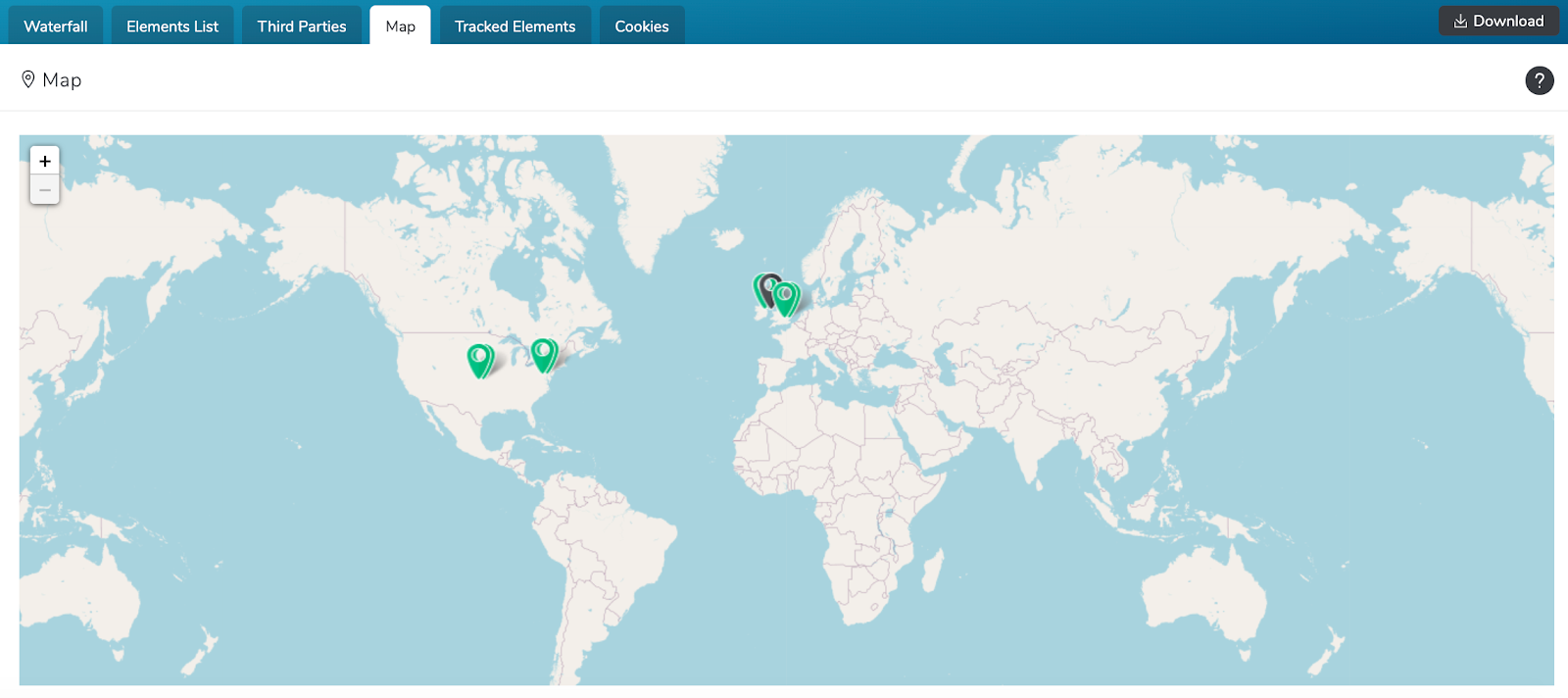
We also did some pre-processing of the GeoLite2 tables, combining the networks and locations into a single table, and adding the parsed network columns, as shown here:īigQuery here picks up only one of the masked IPs-the one where the masked IP and the network with that given mask matches. Using BigQuery, we parsed these into binary IP addresses with integer masks. The downloadable GeoLite2 tables are not based in ranges anymore. New MaxMind tables: Goodbye math, hello IP masks These new queries are compliant with the latest SQL standards, enabling a few new tricks that we'll review here. JOIN `fh-bigquery.geocode.201806_geolite2_city_ipv4_locs` WHERE BYTE_LENGTH(NET.SAFE_IP_FROM_STRING(ip)) = 4 SELECT *, NET.SAFE_IP_FROM_STRING(ip) & NET.IP_NET_MASK(4, mask) network_binįROM source_of_ip_addresses, UNNEST(GENERATE_ARRAY(9,32)) mask SELECT ip, city_name, c, latitude, longitude, geoname_id SELECT city_name, SUM(c) c, ST_GeogPoint(AVG(longitude), AVG(latitude)) point SELECT REGEXP_REPLACE(contributor_ip, 'xxx', '0') ip, COUNT(*) c # here I'm using the same Wikipedia set from the previous article # replace with your source of IP addresses Here’s the list of countries where users are making edits to Wikipedia, followed by the query to use: Use the code below to replace IP addresses with the generic location.
#Ip locator map google how to#
How to de-identify IP address dataįor this example of how you can easily de-identify IP addresses, let’s use:
:max_bytes(150000):strip_icc()/001_3485827-5b85967046e0fb0050ef634d.jpg)
Replacing collected IP addresses with a coarse location is one method to help reduce risk-and BigQuery is ready to help.
#Ip locator map google update#
We published our first approach to de-identifying IP addresses four years ago- GeoIP geolocation with Google BigQuery-and it's time for an update that includes the best and latest BigQuery features, like using the latest SQL standards, dealing with nested data, and handling joins much faster.

For example, under GDPR, an IP address might be considered PII or personal data. To comply with current policies and regulations, you might need to de-identify the IP addresses of your users when analyzing datasets that contain personal data. Using it lets you explore large datasets to find new and meaningful insights.

BigQuery is Google Cloud’s serverless data warehouse designed for scalability and fast performance.


 0 kommentar(er)
0 kommentar(er)
